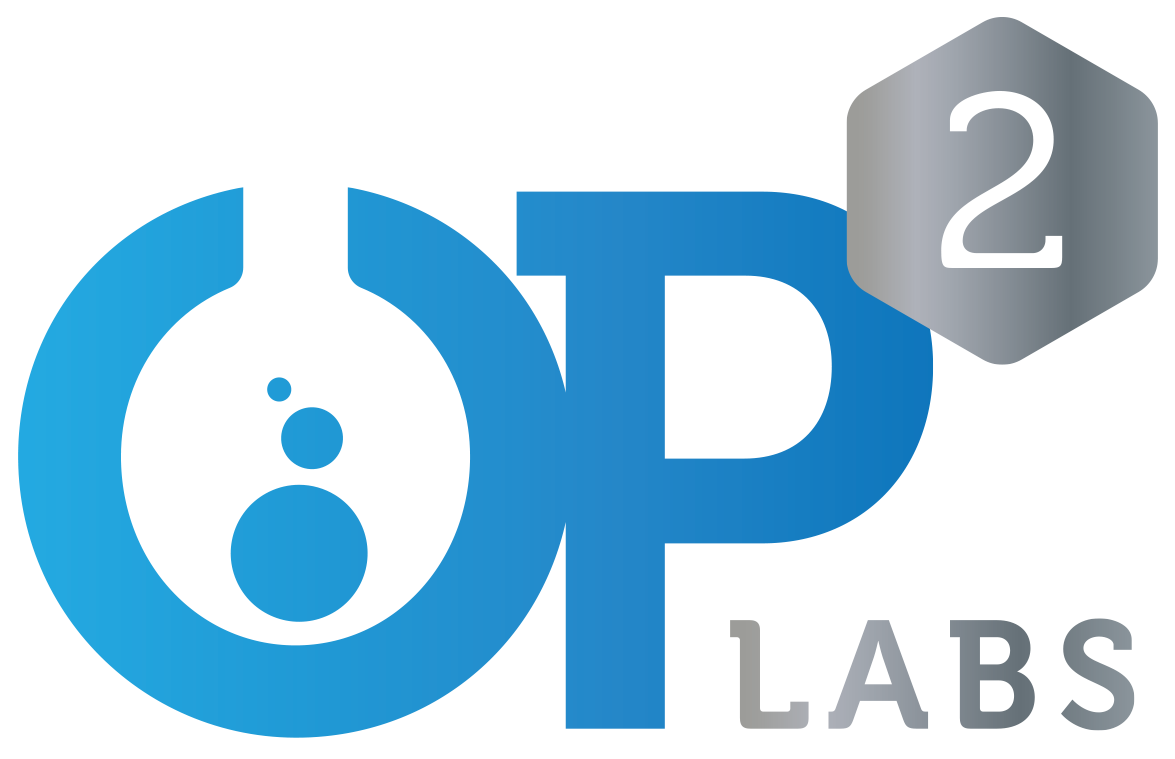Collagen is surrounded by conflicting information. Even when you’ve decided to take collagen, the...
Bone Broth and Other Foods High in Collagen

If you’ve landed here, then you have likely considered the benefits collagen has for us, especially as we age. While our collagen production may start slowing down by age 25, we can help our bodies by making sure we consume collagen supplements and foods that boost collagen production.
Nutrition can potentially play a huge role in how we heal from injury, how we recover after exercise, and even how our skin looks as we age.
So, optimizing your food choices to reflect your goals can be advantageous and maybe even add some variety to your regular diet.
What is Collagen and Where Does It Come From?
Before we jump into the food options, let’s quickly refresh our knowledge of what collagen is and where it comes from.
Collagen is a naturally occurring protein that provides structure throughout our skin, bones, muscles, and more. It is the most abundant protein in the human body.
Animals - like humans - produce collagen to support healthy growth and sustain connective tissue health. Animal by-products are the only source of collagen. Vegan collagen does not exist, and any vegan collagen products are merely meant to encourage your body's natural collagen production
6 Foods That Contain Natural Collagen
If you are looking for vegan alternatives, there are whole foods that have the potential to boost your natural collagen production. In order to steer clear of animal products, you can consider adding foods mentioned in the second category below to your diet.
1. Bone Broth
One of the most popular and widely known food sources of collagen is bone broth. This healthy food has been a rising star in recent years and is a very accessible option you can make at home.
However, there can be a lot of variation in the amount of collagen and amino acids in any given batch of bone broth. It’s very hard to measure the quantity and to know whether you’re reaching your goal intake. Understandably, that raises skepticism about the effectiveness of it as a reliable source of collagen.
If this is one food you want to try out, you can increase your intake of collagen by sourcing high-quality, fresh bones, cartilage, and other animal connective tissues.
Make your own broth (this is a super-simple meal to prep!) rather than using powdered bone broth. Some avid bone broth users will get animal tissues from local butchers.
2. Gelatin
Gelatin is a flavorless and colorless food ingredient derived directly from the collagen in animal tissue. This is going to be the closest to a hydrolyzed collagen supplement. It will also be more bioavailable. This is because, in the process of making gelatin, the animal protein fibrils go through full or partial hydrolysis.
This might be the only time you’re told to eat dessert!
Gelatin is found in most gummy candies, gelatin desserts, marshmallows, and even some yogurts.
You can also buy gelatin packets in most supermarkets near products like Jello or pudding. Then, you can add the powdered gelatin directly to a smoothie, or even as a way to change up your coffee.
This is an easy and accessible way to add collagen to your diet. Just be sure to check your labels. If you are conscious about your sugar intake, you may need to look for naturally sweetened candies and Jellos.
3. Egg Whites
Another very accessible form of collagen support comes from eggs -- specifically egg whites.
Now, egg whites don’t directly contain collagen because they don’t contain connective tissue. However, they do have high levels of glycine and proline. Both of these amino acids are necessary for our body’s natural collagen production.
So, while that egg white omelet could indirectly help boost your collagen production (while giving you a delicious source of protein to fuel your day, you may still need to supplement with a direct source of collagen.
4. Chicken
While other forms of meat also contain collagen, chicken seems to be a continual favorite. If you look at where many collagen supplements come from, you’ll likely see the use of chicken neck, cartilage, and bones as a primary source.
You likely aren’t going to be eating the necks of chickens, though.
The meat and skin on a nicely cooked chicken breast still contains all the amino acids required to make collagen. Plus, since most chickens are slaughtered for meat at a young age, their collagen production is quite high. This means that their meat probably has higher levels of amino acids.
5. Fish and Oysters
Fish, oysters, and shellfish are another natural source of collagen. Fish is a widely used source of gelatin, and if you eat it with the skin, it is thought to contain a much higher concentration of collagen. The head, eyes, and skin of fish contain a higher amount of collagen than the meat itself.
Though it’s not common to eat fish eyes and heads in the United States, they’ve been touted for their health benefits in other parts of the world. So, if you are feeling a bit daring, you can try out a new recipe.
If you’d rather stick with just the flesh, you can still get some benefits from your fish intake.
Oysters and shellfish may not have as much collagen as other fish options like salmon or tuna, but they are high in minerals like zinc that may help boost collagen production.
6. Pigs' Feet
Depending on where you are from, the idea of eating pigs' feet may seem strange. But, in many cultures, and even in the Southern United States, eating pigs' feet is actually quite common.
As you may know, pigs' feet are primarily skin, bone, tendons, and cartilage. All of these things are prime sources of collagen.
You can find them in some stores, especially Asian food stores, and they will likely be pickled. You may also be able to get them from a local butcher. They are commonly prepared in soups and stews - or fried and eaten as a side to a meal. It does take quite a while to prepare pigs' feet properly which is why they are common in stews that cook for several hours.
More Foods That Boost Natural Collagen Production (Vegetarian-Friendly)
If you are looking for alternative ways to get collagen without consuming animal products, you may still benefit from some plant-based options. Although plants cannot naturally serve as a collagen supplement, specific vitamins and minerals within plants can help to increase your body’s natural production of collagen.
Citrus, Berries, and Tropical Fruits
Vitamin C and other antioxidants found in many fruits may boost natural collagen production. Concentrations of vitamin C have commonly been used topically by dermatologists for this reason.
Now, you don’t necessarily have to rub orange peels on your face, but eating fruits is a natural way to help your body synthesize collagen.
Leafy Greens and Broccoli
Our green veggies all have one thing in common: chlorophyll. You can even get a daily dose of chlorophyll in powder form to add to water. Some studies have shown that chlorophyll may increase our body’s precursor to collagen production.
Additionally, many leafy greens (and broccoli) contain some vitamin C. Here’s a refreshing spin on a broccoli salad for some vitamin C-rich recipe ideas.
Tomatoes
Since we are talking about vitamin C, it would be wrong to leave out tomatoes.
Not only do they contain vitamin C, but tomatoes also have something called lycopene. Lycopene is an antioxidant linked to anti-inflammatory properties as well as having the potential to increase collagen production.
Here’s a bonus veggie high in vitamin C: bell peppers!
Nuts, Beans, and Mushrooms
Many legumes, nuts, and mushrooms contain minerals like zinc and copper. Beans are high in protein and provide plenty of antioxidants as well. As mentioned earlier, zinc and antioxidants can help drive up your natural collagen production. Plus, these are alternative protein sources often used by vegans and vegetarians.
Can You Get Enough Collagen From Food?
While there are plenty of whole food options available for us to get more collagen into our diets (or at least boost collagen production), it can be challenging to get enough to see results. And, if you are someone that exercises regularly, you’re likely looking to collagen for more than just the skin benefits.
As an athlete that needs a quick way to get more protein or a busy person that wants a way to quickly recover after a long day on your feet, you can choose to add collagen supplements to help you along. While whole food sources of collagen and collagen boosting foods should be integrated into your diet, supplementation can be an easy and effective way to ensure you’re getting the amount you want every day.
Our Frog Fuel Power Liquid Hydrolyzed Collagen Protein Shots are a quick and easy way to integrate collagen into your day. They’re proven to be 100% digestible in 15 minutes and contain 22 amino acids to be a fortified, complete protein.
Although we can get collagen from the food we eat on a daily basis, taking a liquid collagen supplement, like Frog Fuel, is a great way to take the guesswork out of how much collagen we are getting.




